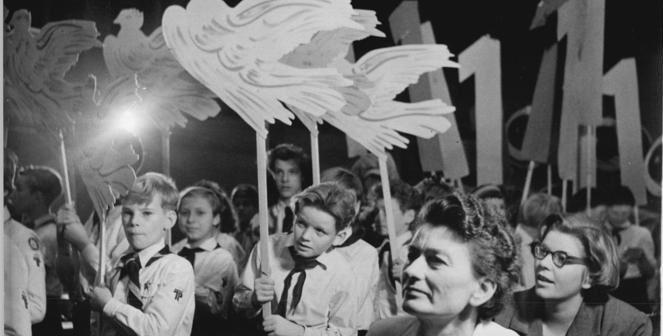How Women's Rights Became Human Rights: Gender, Socialism and Postsocialism in Global History, 1917-2017

'Women's rights are human rights.' Few people would openly disagree with this statement today. Yet the United Nations did not recognise the centrality of women to its vision of universal human rights until 1993. Forty-five years after the UN adopted the Universal Declaration on Human Rights, the World Conference on Human Rights in Vienna affirmed the need to protect the rights of women. This breakthrough is typically associated with the success of US-led feminist advocacy networks at a moment when the end of the Cold War seemed to promise a new era of global democracy based on universal human rights. But, as this research project will reveal, that is only part of the story. The scope and meaning of women's rights - in employment, education, public life, marriage, reproduction, or bodily autonomy - remain deeply contested around the world. These conflicts are historical as much as they are cultural. To understand the politics of international women's rights today, we need to look back to the past.
This AHRC-funded Leadership Fellowship tells the story of struggles over women's rights during the twentieth century from a new perspective. Looking beyond the history of western feminism, it asks how Second and Third World socialist women debated women's rights from the October Revolution of 1917 until today. The promise of radical emancipation for women was a central pillar of socialist ideology during the twentieth century, although there was a striking gap between the rhetoric of equality and the reality of life for women in socialist regimes, political parties, or social movements. While contemporary human rights discourses frequently present women as suffering victims of trauma and violence, socialism claimed to create women as political subjects by liberating them from structural oppression. From the perspective of post-Cold War global history, this project will revisit the role played by global socialism in internationalizing its vision of women's emancipation and asks how this reshapes our understanding of the recent history of human rights.
